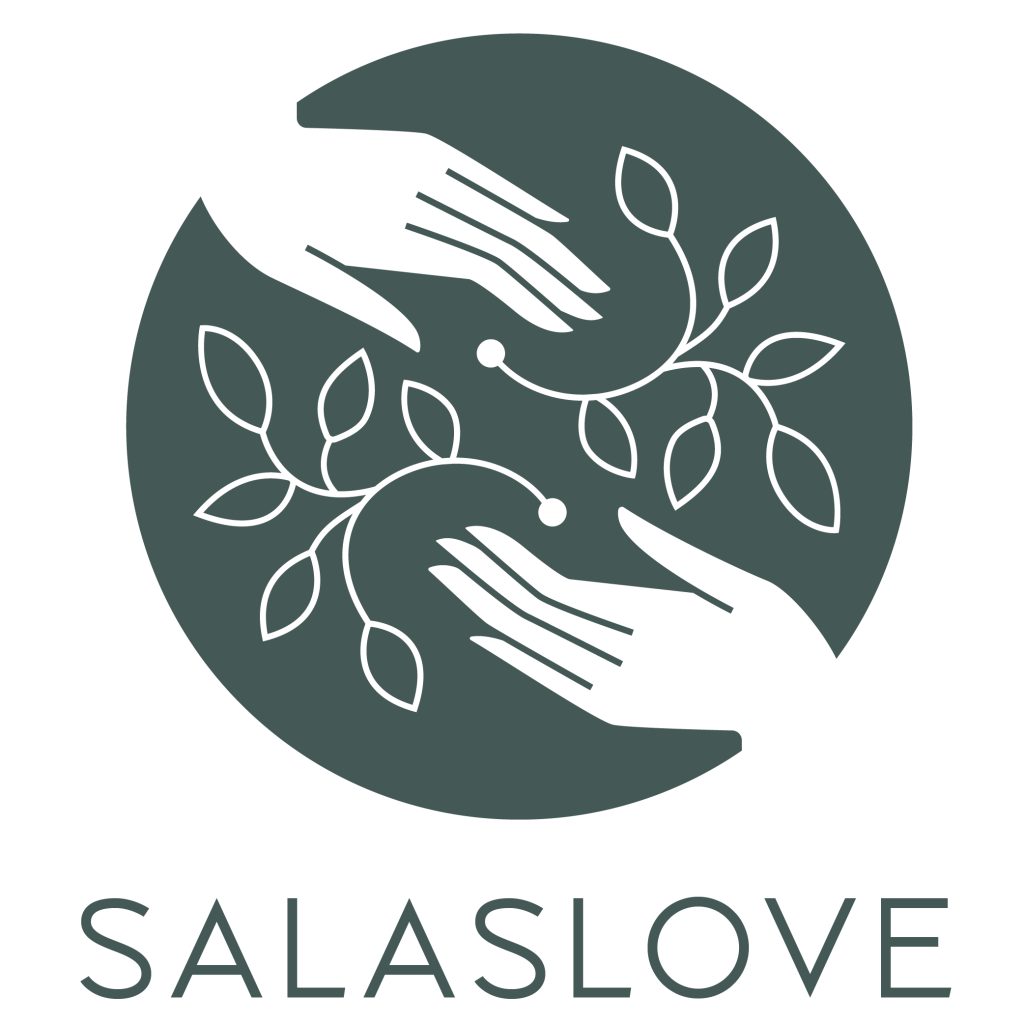Fashion 2023, Uncategorized
Michael Strahan reveals his daughter’s cancer diagnosis on ‘Good Morning America’
The Impact of Celebrity Health Revelations on Public Awareness
Michael Strahan, former NFL player turned television personality, recently made a shocking revelation on the popular morning show, ‘Good Morning America’. In a heartfelt interview, Strahan disclosed that his 16-year-old daughter, Sophia, had been diagnosed with cancer. This announcement not only sent shockwaves through the entertainment industry but also had a profound impact on public awareness of the disease.
Celebrity health revelations have become increasingly common in recent years, with many famous individuals using their platform to raise awareness about various health issues. These revelations often serve as a reminder that no one is immune to illness, regardless of their fame or fortune. In the case of Michael Strahan, his decision to share his daughter’s diagnosis on national television was a brave and selfless act that shed light on the struggles faced by countless families dealing with cancer.
The impact of celebrity health revelations on public awareness cannot be overstated. When a well-known figure like Michael Strahan opens up about a personal health issue, it humanizes the experience and makes it relatable to the general public. Suddenly, cancer is no longer an abstract concept but a real and tangible threat that can affect anyone, regardless of their background or social status.
Furthermore, celebrity health revelations often serve as a catalyst for important conversations about prevention, early detection, and treatment options. When a public figure shares their personal journey with a particular illness, it encourages others to take their own health seriously and seek medical attention when necessary. In the case of cancer, early detection is crucial for successful treatment, and celebrity health revelations can play a significant role in encouraging individuals to prioritize their well-being.
In addition to raising awareness and promoting early detection, celebrity health revelations also have the power to destigmatize certain health conditions. Mental health, for example, has long been a taboo subject, with many individuals feeling ashamed or embarrassed to seek help. However, when a well-known figure like Michael Strahan opens up about their struggles with mental health, it sends a powerful message that it is okay to ask for support and that seeking help is a sign of strength, not weakness.
It is important to note that while celebrity health revelations can have a positive impact on public awareness, they also come with their fair share of challenges. Privacy is a fundamental right, and celebrities should not be obligated to disclose their personal health information if they do not wish to do so. It is crucial for the media and the public to respect their boundaries and allow them to navigate their health journey in a way that feels comfortable to them.
In conclusion, Michael Strahan’s recent revelation about his daughter’s cancer diagnosis on ‘Good Morning America’ highlights the profound impact that celebrity health revelations can have on public awareness. By sharing their personal experiences, celebrities like Strahan humanize health issues, encourage early detection, and destigmatize certain conditions. However, it is essential to respect their privacy and allow them to navigate their health journey on their own terms. Ultimately, celebrity health revelations serve as a powerful reminder that health is a universal concern that affects us all, regardless of our status or fame.
Coping Strategies for Families Dealing with Cancer Diagnosis
Michael Strahan, former NFL player and co-host of “Good Morning America,” recently made a heartbreaking announcement on the show. He revealed that his 16-year-old daughter, Sophia, has been diagnosed with cancer. This news has undoubtedly shaken the Strahan family to its core, but they are not alone in facing such a difficult situation. Families all over the world are dealing with the devastating impact of a cancer diagnosis. In this article, we will explore some coping strategies that can help families navigate this challenging journey.
First and foremost, it is crucial for families to come together and support one another during this time. Open and honest communication is key. It is essential to create a safe space where everyone can express their fears, concerns, and emotions. By sharing their thoughts and feelings, family members can provide comfort and reassurance to one another. This support system will help them stay strong and united as they face the challenges ahead.
Another important coping strategy is to educate oneself about the specific type of cancer and its treatment options. Knowledge is power, and understanding the disease can help alleviate some of the fear and uncertainty surrounding it. Families should consult with medical professionals and ask questions to ensure they have a clear understanding of the diagnosis and the available treatment options. This knowledge will empower them to make informed decisions and actively participate in their loved one’s care.
In addition to seeking medical advice, families should also consider seeking emotional support from professionals. Cancer can take a toll on the mental and emotional well-being of both the patient and their family members. Therapists, counselors, and support groups can provide a safe space for individuals to express their emotions and receive guidance on coping strategies. These professionals can offer valuable insights and tools to help families navigate the emotional rollercoaster that often accompanies a cancer diagnosis.
Maintaining a healthy lifestyle is another crucial aspect of coping with a cancer diagnosis. Encouraging the patient to eat a balanced diet, exercise regularly, and get enough rest can help support their overall well-being. Families can also explore alternative therapies such as yoga, meditation, or acupuncture, which have been shown to reduce stress and promote relaxation. Taking care of one’s physical and mental health is essential for both the patient and their family members.
Lastly, it is important for families to remember that they are not alone in this journey. Connecting with other families who have gone through similar experiences can provide a sense of community and understanding. Support groups, online forums, and social media platforms can be valuable resources for finding others who can relate to their struggles. Sharing experiences, advice, and encouragement with others who have walked a similar path can provide a sense of comfort and hope.
In conclusion, receiving a cancer diagnosis is undoubtedly a devastating experience for any family. However, by implementing coping strategies such as open communication, education, seeking emotional support, maintaining a healthy lifestyle, and connecting with others, families can navigate this challenging journey with strength and resilience. The Strahan family’s courage in sharing their story on “Good Morning America” serves as a reminder that no one is alone in their battle against cancer. Together, we can support one another and find hope in the face of adversity.
From: Salaslove


